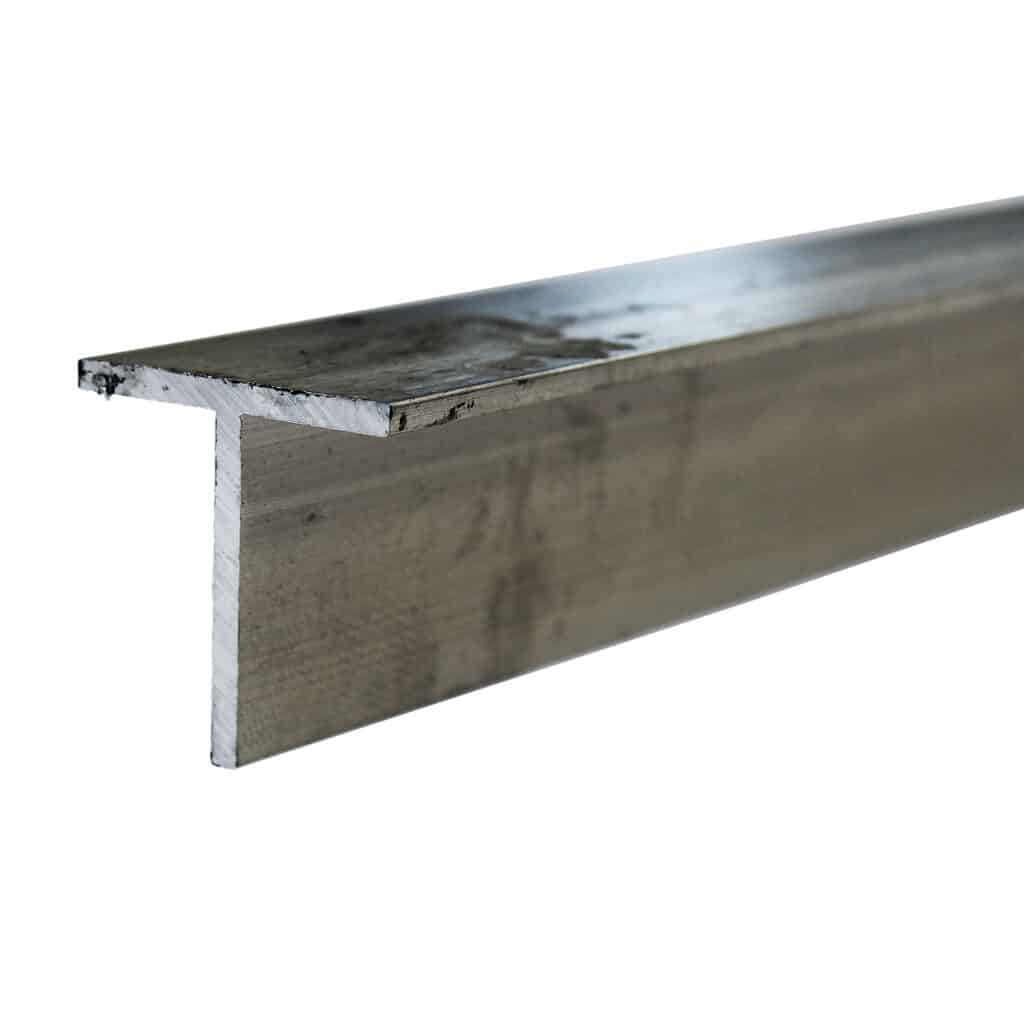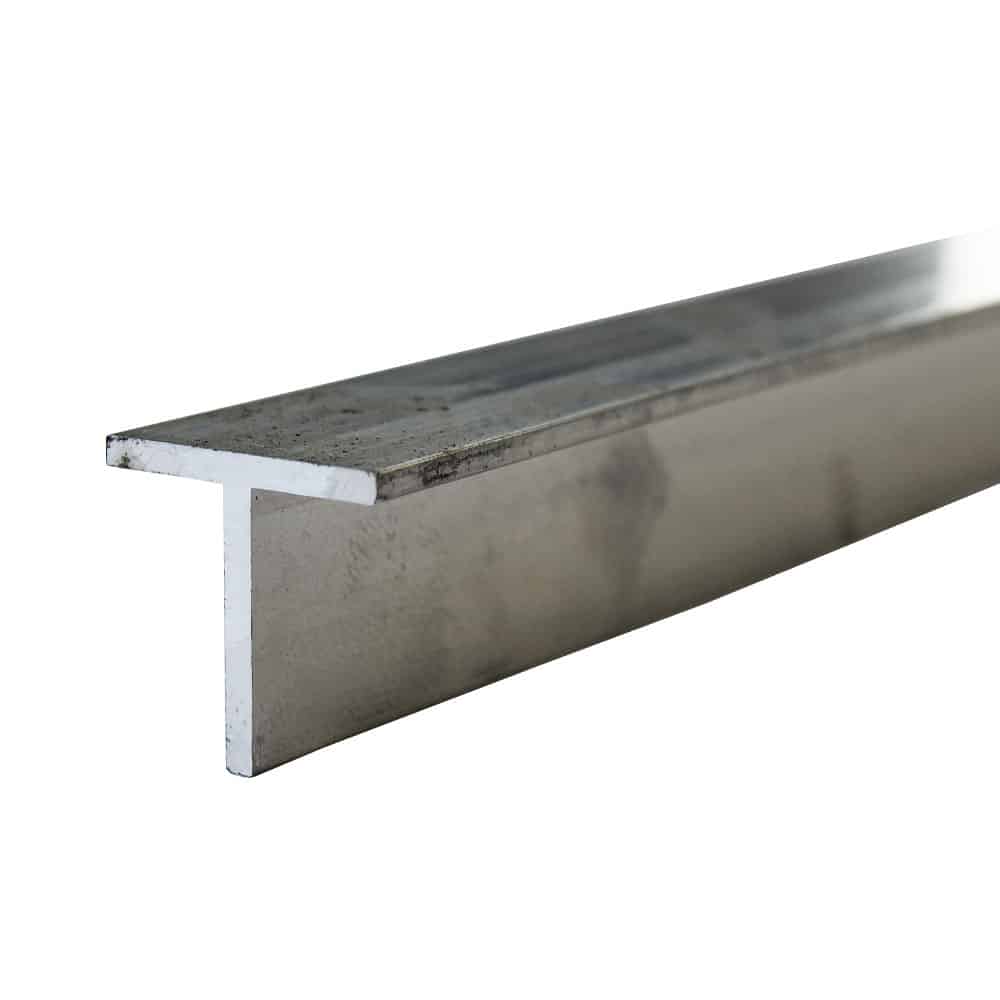- Massive Range
- FREE UK Delivery
- Rapid Dispatch
- Massive Range
- FREE UK Delivery
- Rapid Dispatch
- Massive Range
- FREE UK Delivery
- Rapid Dispatch
£11.99 – £21.99 inc VAT


This website is secured:
✔ Specialists In Rapid Shipments Of Any Size
✔ FREE UK Delivery Included
✔ Immediate Express Dispatch From Stock
✔ Tracked Delivery with Order Updates
✔ 30-Day Returns Accepted
@ ☏ Bespoke Lengths & Larger Quantities Available
35 x 1.5mm Round Mild Steel Pipes are versatile and widely used in structural and engineering projects. Made using Electric Resistance Welding (ERW), these pipes have a seam weld along the inside, offering excellent durability and weldability. With a 35mm outer diameter and 1.5mm wall thickness, they are ideal for construction, offering cost-effective, recyclable solutions that are easy to machine, bend, and form. Available in various lengths, they ensure high-quality performance for any project.

35 x 1.5mm round mild steel pipes are used in many structural and engineering applications. The size refers to the outside diameter and then the thickness of the wall.
ERW means Electric Resistance Welded. ERW round tube is made when steel strip is welded to form a tube shape. The tube is continuously seam welded which means that there is a neat weld running along the inside of the tube.
Mild steel round tube is widely used in a variety of applications and also comes in both square and rectangular options.
Steel pipes are an essential component of any construction project. To ensure durability and versatility, the 35mm diameter x 1.5mm wall Round Mild Steel Pipes ERW Round Tube by Speciality Metals are an excellent choice. These pipes come in various lengths and are also cost-effective and recyclable. One of the best features of these steel pipes is their excellent welding, forming, bending and machining abilities. Whether you need to build a new structure or repair an existing one, these steel pipes will deliver the results you need. If you want to ensure a high-quality construction process, the Round Mild Steel Pipes by Speciality Metals are a must-have.
Speciality Metals is known to be the United Kingdom’s best up-and-coming small-quantity metal company.
Furthermore we stock a vast range of round tube options that compliment our mesh range perfectly.
Over 50,000 customers of Specialty Metals are provided with fast, friendly customer service every year. We’re the place to try when you need metal of any shape and size. We’re based in Warrington, UK. We pride ourselves on our rapid turnaround and a large range of options.
Key information:
We also carry a wide range of mild steel sheet metal, angle iron and flat bar.
Mild steel is a quality strong metal. However it is not rust proof and may do so over time. Please use galvanised or stainless steel if you need resistance to rust. If this metal tube does show signs of rust then simply remove this with WD40 or fine sanding.
The grade of plain steel that we have available has mechanical properties that provide excellent machinability, formability and weldability.
Mild steel can be welded and it’s also suitable for painting. Mild steel is a magnetic grade of metal. Magnets will stick to this sheet but it is not itself a magnet.
Identifying defects or issues in mild steel pipes is crucial to ensure their longevity and safe operation. The following are common ways to detect and identify defects in these pipes:
Visual Inspection:
The first and most straightforward method is a visual inspection. Regularly examining the pipe’s exterior can reveal obvious signs of wear, damage or corrosion. Look for:
Ultrasonic Testing:
Ultrasonic testing is a non-destructive method that uses high-frequency sound waves to detect flaws within the pipe. An ultrasonic device sends sound waves into the pipe, and based on the waves’ reflection, can identify inconsistencies or defects inside the pipe wall, such as cracks or inclusions.
Magnetic Particle Inspection:
For this method, the pipe is magnetised, and iron particles are spread over it. The presence of defects, like cracks or voids, will disrupt the magnetic field, causing the particles to gather at the defect sites, making them visible.
Dye Penetrant Inspection:
This is a method used to detect surface-breaking defects. The pipe is first cleaned, then a dye is applied. After a set time, the dye is removed and a developer is applied. Any cracks or defects will absorb the dye and become visible when the developer is used.
Radiographic Testing:
This involves using X-rays or gamma rays to view the inside of the pipe. Much like medical X-rays, this method provides an image of the pipe’s interior, revealing defects like cracks, voids or inclusions.
Hydrostatic Testing:
This test involves filling the pipe with water and then pressurising it to check its strength and integrity. If there are defects, the pipe might bulge or even burst under pressure.
Eddy Current Testing:
An electromagnetic coil induces eddy currents in the pipe wall. Any disruption to these currents, caused by defects, is detected by a second coil.
When assessing mild steel pipes, it’s essential to conduct regular inspections and tests, especially if the pipes are used in critical applications. If any defects or issues are identified, it’s crucial to address them promptly to prevent further deterioration and potential failures.
Galvanised Mild Steel Pipes:
Galvanised mild steel pipes have undergone a galvanising process, which involves coating the steel with a protective layer of zinc. This zinc layer serves as a barrier against environmental elements, providing significant resistance to corrosion and rust. The galvanising process ensures that the pipes have a longer lifespan, especially when used in damp or corrosive environments. In addition to enhanced durability, the zinc coating gives the pipes a distinctive shiny, silvery appearance. Because of these protective properties, galvanised pipes are commonly used in outdoor applications, underground systems, and places where the material is exposed to moisture, such as plumbing or in agricultural settings.
Non-Galvanised Mild Steel Pipes:
In contrast, non-galvanised mild steel pipes lack the protective zinc coating. As a result, they are more susceptible to rust and corrosion when exposed to moisture and oxygen. Without the protective layer, these pipes tend to have a duller, grey appearance characteristic of raw steel. While they might be more affordable upfront than their galvanised counterparts, they may require additional protective measures, such as painting or other coatings, if used in environments where corrosion is a concern. Non-galvanised pipes are often chosen for indoor applications, where they are less likely to be exposed to harsh environmental conditions, or in situations where they will be coated or enclosed, rendering the galvanising process unnecessary.
Yes, it is entirely possible to paint mild steel pipes, and doing so can offer both aesthetic and protective benefits. Before painting, it’s essential to prepare the surface correctly to ensure good adhesion and longevity of the paint. Initially, any rust, grease or old paint should be thoroughly removed, typically using wire brushes or sandpaper. Cleaning the pipe with a degreaser or a mild detergent helps to remove any oils or residues that might prevent the paint from adhering properly. Once the surface is clean and dry, applying a primer designed for metal surfaces will help the paint bond effectively and provide an extra layer of protection against corrosion. After the primer has dried, the pipe can be painted using a suitable metal paint. This paint will not only give the mild steel pipe the desired color but also add an additional protective layer against environmental factors, further extending the pipe’s lifespan.
Check out our blog discussing cutting, welding and shaping mild steel round tube. It will prove a useful read to help you to make an informed decision on which material would work best for you.
We are also very proud of our ever expanding YouTube channel.
Our goal for our blogs and help guides is to answer as many questions as possible to help to explain the possibilities of mesh to our customers. Contact us today if you have any questions at all. We are always really keen to help in any way that we can.
We are also very proud of our highly popular eBay store, check us out there too.
£19.49 – £49.99 inc VAT
£17.99 – £49.99 inc VAT

£19.49 – £49.99 inc VAT

£17.99 – £49.99 inc VAT
Speciality Metals
Unit 1, Farrell Street, Warrington,
Cheshire, WA1 2WW, United Kingdom
Quick Links
Payment Options
